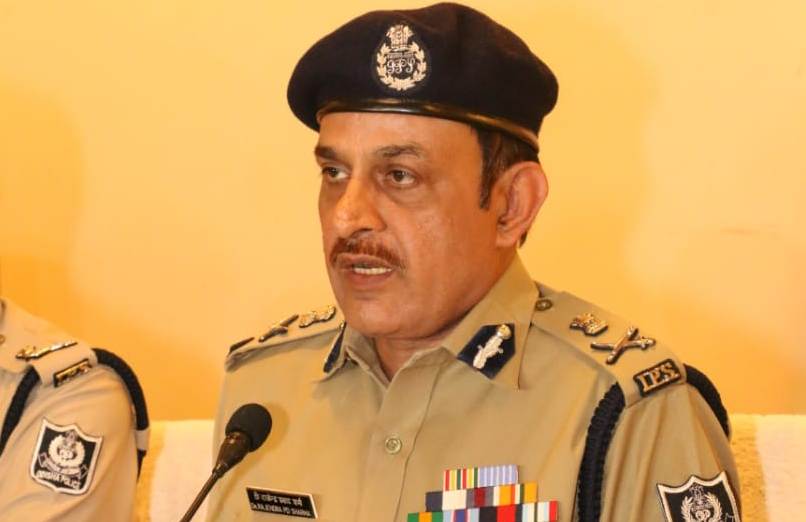Bhubaneswar: Graduate constables with adequate experience and havildars can now investigate non-serious crimes.
The state government has finally okayed a proposal sent by the Police Department in this regard. The government, through an order under Section 157 of the Criminal Procedure Code (CrPC), Thursday directed that Inspectors In-Charge of police stations can ask graduate constables and havildars to investigate cases under specific sections of the IPC that mandates imprisonment up to three years. They can also probe offences involving properties worth around `30,000.
According to the guidelines issued by the Home department, the officer in-charge of the police station can depute graduate constables and criminal intelligence havildars along with ASIs to probe petty offences under 35 Sections of the IPC like Sections 277, 279, 283, 284, 291, 292, 292A and 447.
Graduate constables and havildars can also probe cases under The Odisha Prevention of Gambling Act-1995 and the Odisha Fireworks and Loud Speakers Regulation Act, 1958.
The constables and havildars have to undergo a 30-day theoretical training at a recognised institute on all aspects of investigations. They will later be imparted practical training in police stations for 45 days. The trainees will have to appear in an exam after the completion of both practical and theoretical training. The Home Department asked the DGP to formulate the course for the training and examination. However, the Home department has refused to pay any extra perks for the new task conferred on constables and havildars.
DGP RP Sharma told Orissa POST, “It is a path breaking decision that will greatly reduce pending cases at police stations. We approached the government after the DGP and IGs’ conference in January 2018 where the issue came up. The government after deliberating on all the modalities and legal angles finally gave approval.”
The graduate constables and criminal intelligence havildars will be trained in all aspects of investigations including registration of FIRs, writing of case dairies till submission of the cases during their four-week institutional training, he said.
Constables can now probe petty offences
